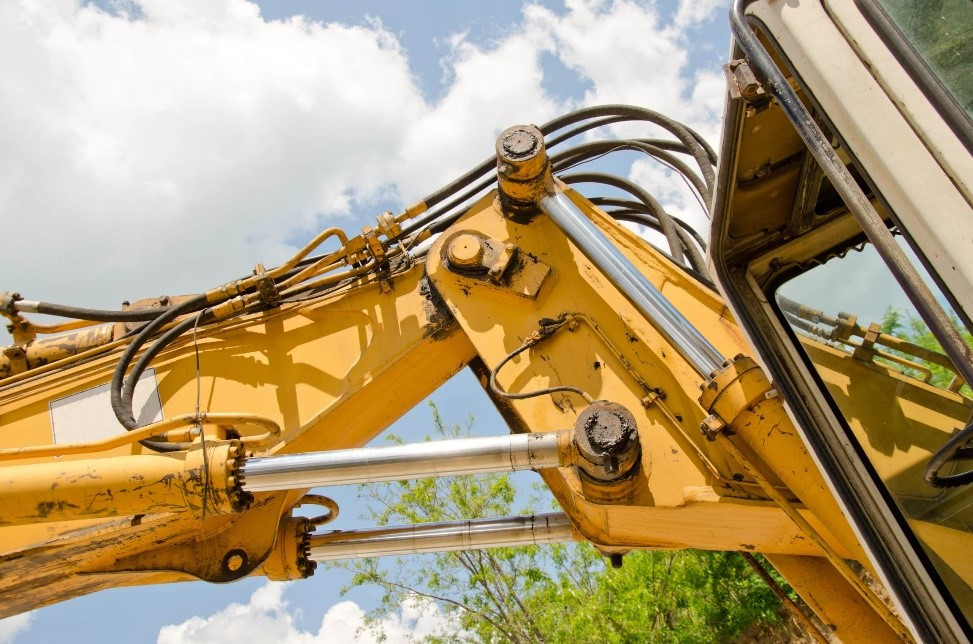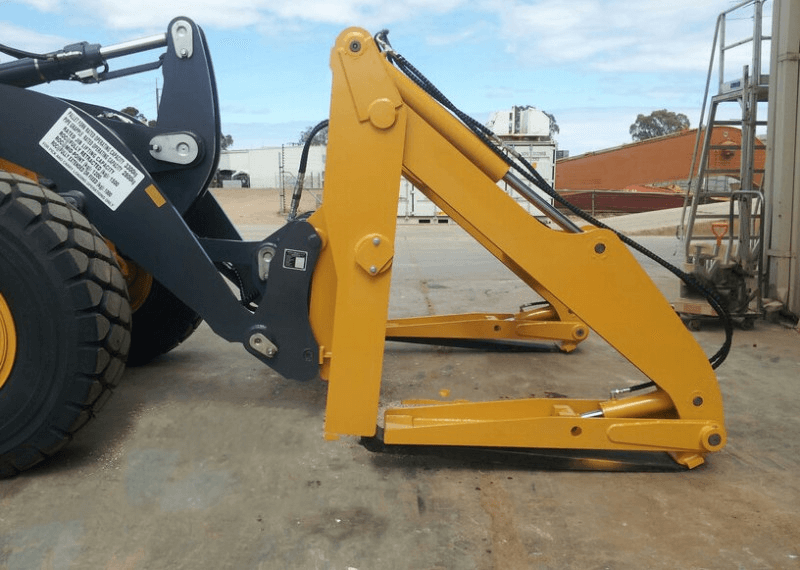Load Holding: Is It Necessary, and the Potential Dangers

In various industries, the practice of load holding is a crucial safety measure to prevent accidents, injuries, and equipment damage.
Load holding refers to the process of securing a load in place, often by using mechanical, hydraulic, or pneumatic devices, to ensure it remains stable and doesn’t shift unexpectedly. While load holding may seem like a simple. In this article, we will discuss the necessity of load holding and the potential dangers of neglecting this vital safety practice.
Why is Load Holding so important?
Preventing Accidents:
One of the primary reasons for load holding is to prevent accidents. In industries where heavy loads are moved, lifted, or manipulated, load holding is essential for reducing accidents. These loads can be extremely dangerous if they are not securely held in place – resulting in serious injuries or even fatalities.
Neglecting load holding can lead to accidents that result in injuries or fatalities. Workers in industries such as construction, manufacturing, and logistics are at risk if loads are not secured properly. Falling objects or shifting loads can be fatal.
Companies that do not prioritise safety and load holding may suffer reputational damage. Negative publicity surrounding accidents and safety violations can erode public trust and impact a company's brand image.
Protecting Equipment:
Load holding also helps protect your equipment and machinery. When loads are not properly secured, the forces they exert can lead to damage or wear and tear on equipment. Resulting in costly repairs and downtime. Using load holding mechanisms can extend the lifespan of machinery and reduce maintenance costs.
Ensuring Product Quality:
In manufacturing and construction, load holding is essential for maintaining product quality. Precise positioning and stabilisation of loads is critical to the accuracy and consistency of the final product. Whether it's in welding, machining, or assembly processes, load holding ensures that the product meets the required specifications.
Compliance with Safety Regulations:
Many industries are subject to strict safety regulations and standards that require the use of load holding devices. Compliance with these regulations is not just a legal obligation but also a moral responsibility to protect workers and the environment.
Conclusion
Load holding is not just a safety best practice; it's a necessity in many industries to prevent accidents, protect equipment, ensure product quality, and maintain compliance with safety regulations. Neglecting it can have dire consequences, including injuries (workcover claims), equipment damage, financial burdens, and damage to a company's reputation.
Accidents and equipment damage have financial consequences that extend beyond repair costs. Workers' compensation claims, legal liabilities, and lost productivity can be significant financial burdens for businesses that neglect load holding practices.
By prioritising load holding as a fundamental component of your safety protocols, you can ensure the well-being of your workers, the longevity of your equipment, and the quality of your products. If you need help, Flotek has helped 1000’s of Australian companies with their load holding issues.
We’re the Hydraulic System experts - it’s our day job!
If you’re seeing any signs of load holding failures, we can help.
Call 9397 0044, We’ll have one of our Technicians to your site within 24 hours anywhere in greater Melbourne to do a full inspection of your load holding. We can install load holding mechanisms to give you piece of mind.
Our mission is to keep your production going – it’s all about More Up-Time.




